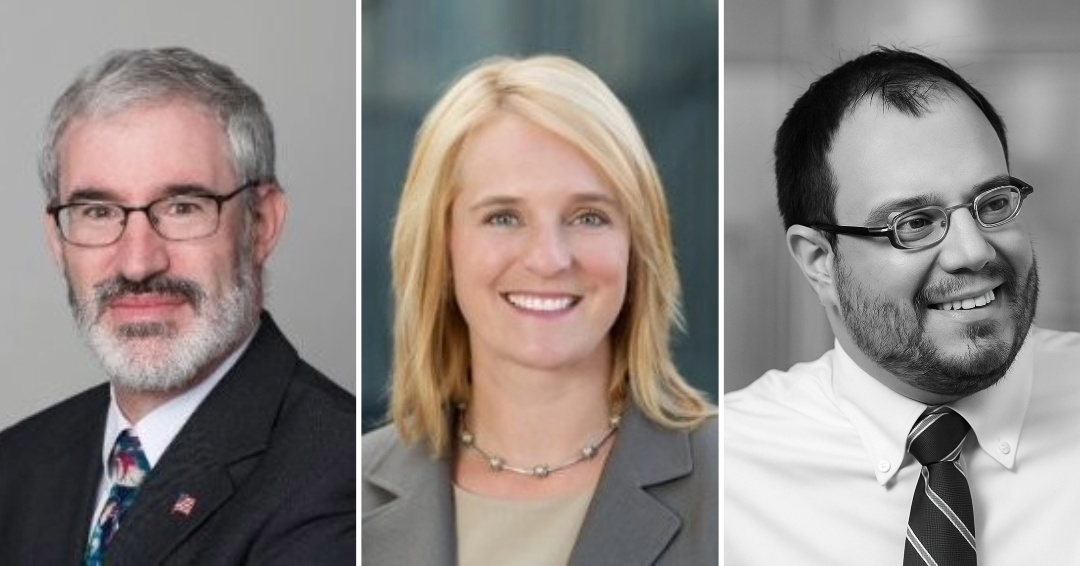Episode 48: Energy P3's grow up: lessons from the field in 2025
L-R: David Braslau, Leslie Fangman, Mike Walters
Energy public-private partnerships (P3s) have moved beyond the pilot phase. They’re now a serious, scalable strategy for institutions facing aging infrastructure, decarbonization targets, and budget constraints. But a maturing market also brings complexity — in procurement models, financing tools, and internal alignment. In this episode, we talk with three experienced voices from across the P3 deal table about what’s working, what’s changing, and what institutions need to understand before jumping in.
Guests:
David Braslau
Vice President, Project Structuring and Financing, NORESCO
LinkedIn
Leslie Fangman
Principal, Fangman Associates
LinkedIn
Mike Walters
Principal, Salas O’Brien
LinkedIn
Host:
Dave Karlsgodt
Director of Energy and Sustainability
Brailsford & Dunlavey
Production Team:
Executive producer and host: Dave Karlsgodt
Producer, sound editor: Kristan Crawford
Producers: Karmela Lejarde, Allison Bruns
Music courtesy of the Gio Washington-Wright Big Band
Episode Transcript:
The following is an AI-generated transcript of this episode and may contain errors or omissions: Transcript



